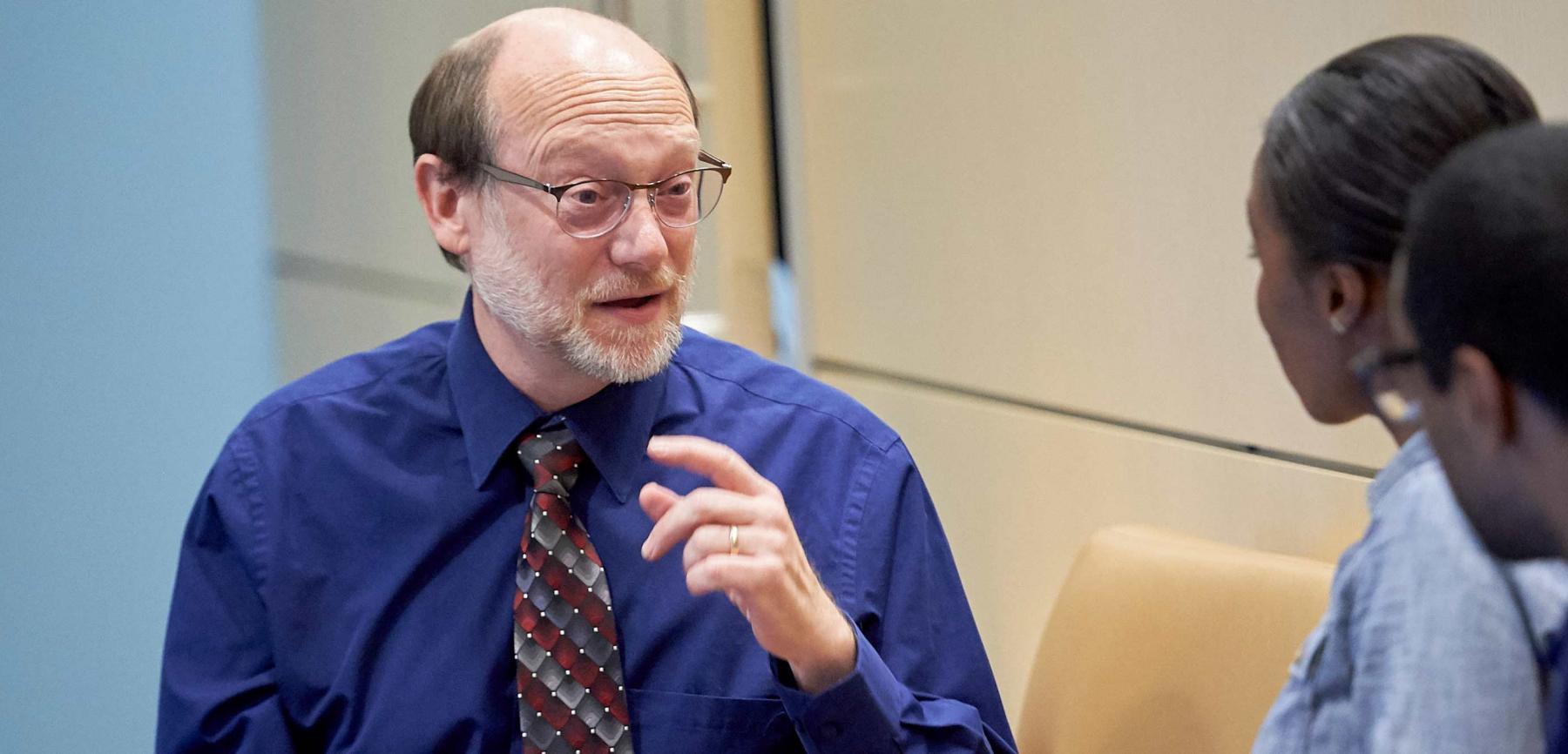About the Clinical & Translational Science Institute

NYU Langone Health’s Clinical and Translational Science Institute improves the quality, efficiency, and impact of medical research, with funding and data management support services, education and career development programs, and tools to improve outreach and the integration of research findings into local communities.
Under the executive leadership of Miriam A. Bredella, MD, MBA, Bruce N. Cronstein, MD, Judith S. Hochman, MD, and James Holahan, MPH, the institute’s mission is to apply the principles and practices of translational research to move study findings from the laboratory to the community.
With input from internal, external, and scientific review committees; working groups; and a community advisory board, we engage and partner with local communities to identify targets for research, design and conduct translational research studies, and implement new discoveries.
What is Translational Research?
Translational research transforms basic science discoveries into practical applications that can improve health, such as new diagnostic techniques, therapies, and interventions.
At the Clinical and Translational Science Institute, we define translational research as a spectrum with five stages, each with a set of distinct goals:
- The T0 stage aims to identify and define the mechanisms underlying health problems or disease.
- The T1 stage tests basic research findings; determines clinical effects; and proposes new methods of diagnosis, treatment, and prevention.
- The T2 stage determines whether proposed interventions are effective in controlled environments.
- The T3 stage explores ways to apply the new methods in general practice and determines how they work in the real world.
- The T4 stage examines the influence of interventions on population health.
The process may begin in the lab with a new discovery in basic biological science, which is then “translated” to the bedside to help solve a health problem. Or it may begin with an astute healthcare provider who observes something in clinical practice that then spurs basic research in the lab, the development of a community-based intervention, or new provider practices.

Our Translational Research Partners
We connect researchers with biomedical, behavioral, and population health expertise within our academic medical center at clinical locations, including NYU Langone’s Tisch Hospital, NYU Langone’s Kimmel Pavilion, NYU Langone Orthopedic Hospital, Hassenfeld Children’s Hospital at NYU Langone, NYU Langone Hospital—Brooklyn, Rusk Rehabilitation, and more.
The Clinical and Translational Science Institute includes researchers and facilities from across all NYU schools and colleges, NYC Health + Hospitals, and the Nathan S. Kline Institute for Psychiatric Research. Researchers have access to a nationwide network of more than 50 medical institutions that receive National Institutes of Health Clinical and Translational Science Awards funding.
We also partner with community organizations to develop translational research projects that solve health disparities and improve health outcomes in minority populations through community service, organizing, advocacy, and policy translation.

